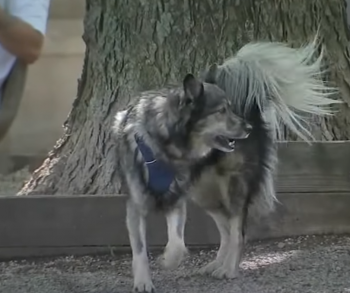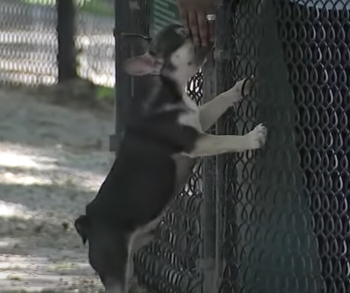As the Chicago region prepares for an unprecedented emergence of two distinct cicada broods, pet owners face new concerns about their potential impact on their animals. These insects, notable for their loud mating calls and considerable size, will soon be a frequent sight, sparking queries about whether they are safe for pets to ingest. While cicadas are free from toxins and do not pose a threat through stings or bites, their presence raises significant questions regarding the dietary safety of domestic animals such as dogs and cats.

Cicadas, typically ranging in size from one to one-and-a-half inches, are not harmful to pets in terms of toxicity. They neither bite nor sting and contain no poisonous substances, making them relatively safe for dogs and cats to interact with from a chemical standpoint.
Dr. Patricia Ho, a leading veterinarian at Kindred Veterinary Clinic, provides expert insight into the implications of cicada consumption by pets. “While cicadas are not toxic, their hard exoskeletons can pose significant digestive challenges for pets,” Dr. Ho explains. These challenges are particularly acute if pets consume cicadas in large numbers or if the pet is smaller and less able to digest tough materials. “Common symptoms from overconsumption include vomiting, diarrhea, and potentially serious conditions like intestinal blockages,” she adds.

Dr. Ho also highlights that pets, especially those with access to outdoor spaces, may be tempted by cicadas. Although her clinic in Pilsen has not reported an increase in cicada-related incidents, the potential for health issues remains. She emphasizes the importance of proactive monitoring. “Owners should keep an eye on their pets’ behavior and digestive health, especially after they’ve been outside. Any persistent signs of discomfort or illness lasting more than 48 hours should be evaluated by a professional,” she advises.
In addition to the physical risks, the loud noise of cicadas can be a source of stress for pets. The overwhelming sound of a large cicada brood can lead to anxiety and behavioral changes in sensitive animals. Experts suggest several strategies to mitigate these effects, such as removing cicadas from outdoor areas where pets frequent and keeping dogs on a leash during walks to prevent them from chasing or eating cicadas.

With proper precautions, pet owners can manage their animals’ exposure to cicadas during this unique natural phenomenon. By staying informed and attentive, owners can ensure that their pets remain safe and comfortable throughout the cicada emergence. This includes not only monitoring and limiting cicada consumption but also addressing the potential stress induced by the noisy environment created by these insects.
Click the video below to watch this incredible story!
Please ‘SHARE’ to pass on this story to a friend or family member
